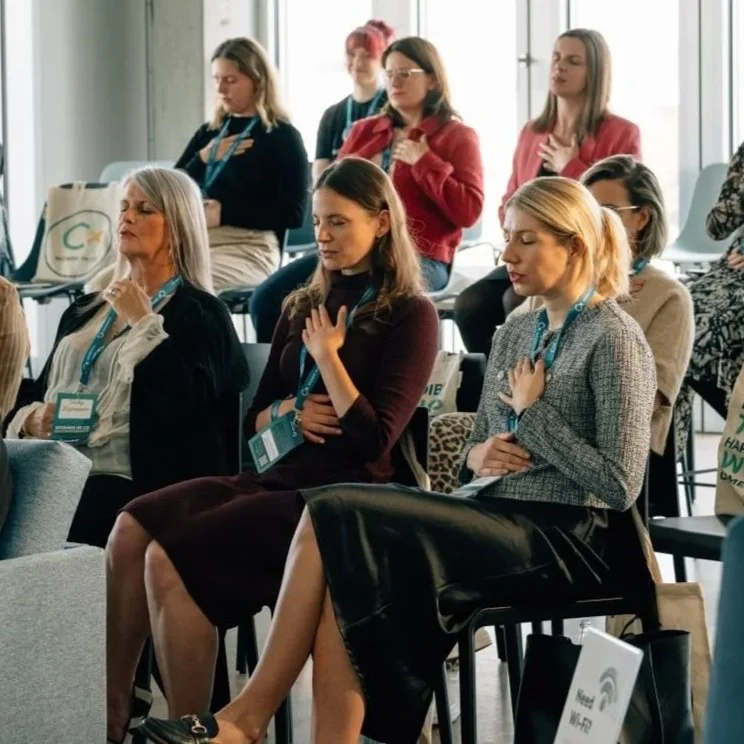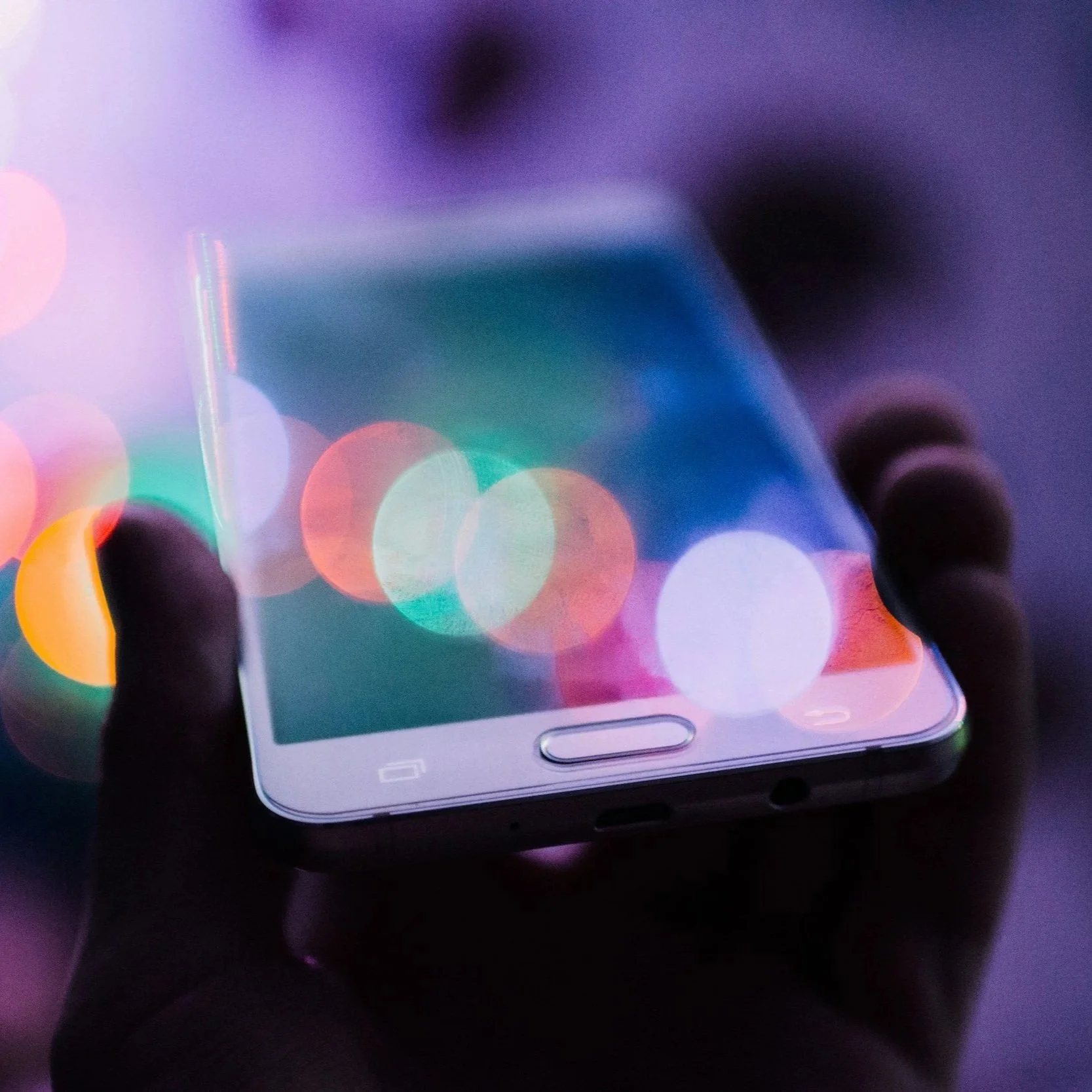Beyond the Ticket: Reclaiming the Human Heart of Customer Experience
By Clare Muscutt, in collaboration with the Women in CX community
It’s troubling to watch the pendulum swing too far the other way.
For years, customer experience was seen as too fluffy — heavy on empathy but light on impact. The commercial edge was missing. So, we professionalised, we measured, we operationalised. We proved CX could drive ROI.
But now, in our pursuit of efficiency, the pendulum risks swinging to the opposite extreme. We’re potentially optimising ourselves out of connection.
When we become solely focused on metrics, tickets, targets, and tech, the danger is we forgotten what CX was designed to do in the first place: connect people, emotionally and commercially, to brands they trust.
Because ‘being commercial’ should no longer be ‘the goal’ — that should be a given. The real challenge for CX leaders today is delivering both: human connection and commercial impact in equal measure.
And as the stories from Women in CX community members show, when you get that balance right, the results are transformative — for customers, teams, and the bottom line.
Because ‘being commercial’ should no longer be ‘the goal’ — that should be a given. The real challenge for CX leaders today is delivering both: human connection and commercial impact in equal measure.
Proactive Support Isn’t a Cost — It’s a Growth Engine
For many businesses, customer support is still seen as a cost centre — something to minimise or automate. But Olga Potaptseva, founder of CX Panda, discovered that the opposite is true.
When she launched her online training business, Olga initially believed a flawless product would eliminate the need for support altogether. “If everything worked perfectly, learners would be fine on their own,” she thought.
That assumption changed everything.
She hired a support specialist whose role was designed to be half proactive, half reactive. Instead of waiting for tickets, she became a study companion — checking in, offering encouragement, and keeping learners on track.
The result? Course completions soared by 200%, engagement rose, and positive reviews poured in.
Proactive support didn’t just solve problems — it fuelled success. And success, of course, is the most commercial outcome of all.
Proactive support didn’t just solve problems — it fuelled success. And success, of course, is the most commercial outcome of all.
In a World Obsessed with Speed, Slowing Down Wins
When was the last time a customer support agent really listened?
At Jude, a women’s health company specialising in bladder care, Charlotte Hudson’s team is rewriting the rules on what “good service” looks like.
When a customer emailed in distress about new medication and worsening symptoms, the team didn’t rush to close the case. They slowed down.
They sent tailored blog content, directed her to expert helplines, reassured her she could pause her subscription, and normalised her experience with care.
Weeks later, the same customer reactivated her subscription — and left a heartfelt review, praising the agent by name.
For Jude, taking time isn’t a luxury; it’s a strategy. Empathy leads to retention, and retention drives growth.
In an industry obsessed with speed, slowing down is a radical act — and a commercially sound one.
In an industry obsessed with speed, slowing down is a radical act — and a commercially sound one.
Empower Employees to Turn a Crisis into Connection
When service fails, the true test of a company’s culture is what happens next.
WiCX member Anne Dawson experienced this first-hand when staying at a Hilton with her husband, who uses a wheelchair. Their accessible shower was broken and couldn’t be fixed — a dealbreaker for the trip.
But instead of a script, a single front-desk employee responded with ownership and empathy:
Upgraded their room at no extra charge.
Personally helped move their medical equipment.
Followed up later to ensure everything was right.
Anne said: “It was very apparent that she understood how difficult this was for my husband and tried her best to make the trip more comfortable.”
That one empowered employee didn’t just save the stay — she turned a potential reputational risk into brand advocacy.
Empowerment isn’t just good for morale. It’s a business multiplier.
Empowerment isn’t just good for morale. It’s a business multiplier.
Real People Build Real Trust
In an age where automation dominates, Emily Stevenson from Ecotalk shows that human connection is still a competitive advantage.
When a loyal customer struggled to pay a bill due to changing circumstances, Ecotalk didn’t send them to a form or a bot. A real person answered the call, took the time to understand, and found a solution.
Ecotalk’s service model is built on one simple belief: customers want to talk to people. Their agents are trusted to make judgment calls — because trust flows both ways.
The outcome? A loyal customer base that stays not for price or perks, but because they feel valued.
Human connection isn’t a sentimental concept. It’s what keeps customers — and revenue — coming back.
Human connection isn’t a sentimental concept. It’s what keeps customers — and revenue — coming back.
The Competitive Edge of Connection
Being commercial is the baseline. Every CX leader knows how to measure satisfaction, reduce churn, and calculate lifetime value.
But in a world where technology, pricing, and processes are easily copied, the next frontier of competitiveness isn’t in the data — it’s in the feeling.
Brands that balance human connection with commercial acumen outperform those that don’t. They:
Retain customers longer.
Recover faster from mistakes.
Create more authentic word-of-mouth.
Build cultures that attract and keep great people.
Empathy, empowerment, and proactivity aren’t just cultural values — they’re strategic advantages.
But in a world where technology, pricing, and processes are easily copied, the next frontier of competitiveness isn’t in the data — it’s in the feeling.
Moving Beyond
From CX Panda’s proactive care to Jude’s unhurried empathy, Hilton’s empowered recovery, and Ecotalk’s human-first service, these stories show what’s possible when CX leaders deliver both commercial impact and emotional connection.
We’ve proven CX can be commercial. We need to maintain that.
But now it’s time to prove it can be human again too.
Because when we do, we don’t just build better customer experiences — we build stronger, more sustainable businesses that deliver greater holistic impact.
Join the conversation
At Women in CX, these are the stories shaping a new era of customer experience — one that connects empathy with impact and puts humanity back on the balance sheet.
If you’ve got a story or perspective that challenges the status quo, join the Inner Circle waitlist and be part of the movement.
👉 Doors open every fourth Friday of the month — and you’ll need to be on the list to join. Learn more.







